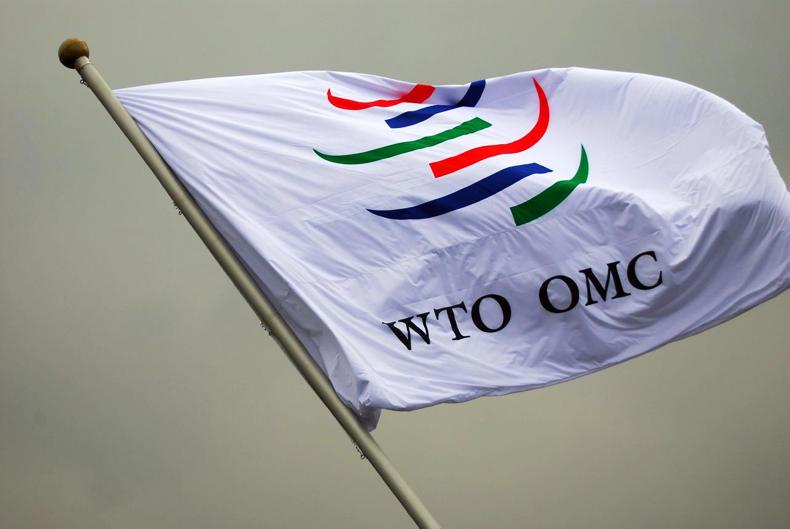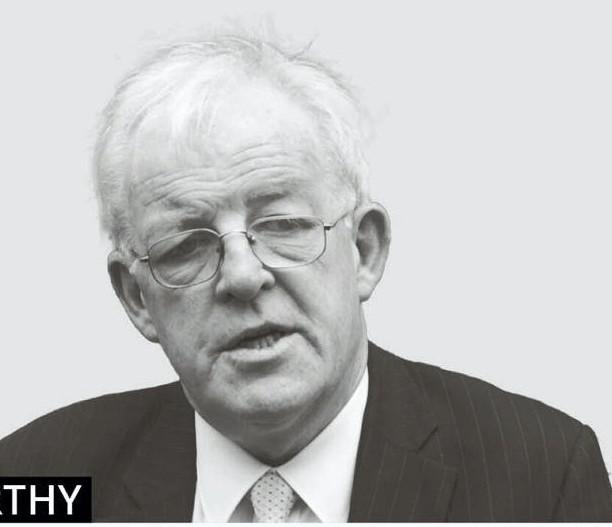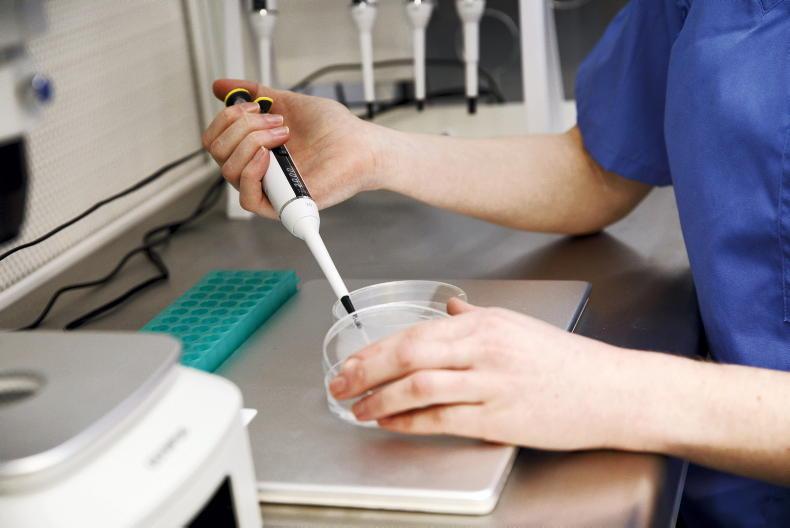Much has been made out of the implications of the UK leaving the EU without a deal and having to engage in trade under World Trade Organisation (WTO) rules. What would this mean for Scotland’s farmers?
History
Up until 1946 there were no global rules governing trade between trading countries. Trading arrangements were made between individual countries and the practice was that countries tended to protect what they considered as their sensitive industries and businesses with protective tariffs, to keep imports under control.
As trade was developing, the leading industrial nations established GATT – a General Agreement on Tariffs and Trade – that would set a limit on tariffs for commonly traded commodities that could be charged between members. This gave businesses engaged in international trade a degree of certainty on tariff levels they had to deal with.
Multiple rounds of discussions led to modifications of trading terms until 1994, when the WTO was established as the international organisation that would govern trading rules and national support permitted for industry by member countries. The WTO is now the global framework that creates the rules for its member countries to trade with each other under consistent terms and conditions. It has 164 member countries as of July 2016 and in some cases, like the UK, membership is as part of the EU.
How WTO works
After Brexit, the UK will have to formally become a member of the WTO in its own right. Like many other issues around Brexit, there is considerable detail required in making an application, including filing what is described as a schedule.
This is a proposed listing of tariffs that a country will charge those it trades with under WTO rules. The WTO has a range of maximum tariffs that range from negligible on products like paper art and wood pulp, to almost 100% of product value on some meat cuts. Cars, a widely traded product, command a tariff of just under 8% of vehicle value.
Meat and dairy products that attract the highest potential levels of protective tariff under WTO rules, which means that Scottish farmers involved in the export-based sheep industry are particularly vulnerable. The other point about WTO tariffs is that these are the maximum levels allowed by WTO. Countries can, and do, set tariff levels lower than these, or indeed can opt to have no tariffs at all on a unilateral basis. However, if this policy is decided, the favourable tariff rate has to be made available to all WTO member countries, not just on a bilateral basis.
WTO boxes
The other area where WTO has the potential to impact on industry, farming in particular, is the rules it has on member countries providing subsidy to farmers. Government support is classified under WTO rules as being placed in “boxes”, on the same principle as the traffic lights system.
Green box support is where support provided doesn’t impact or support production in any way. Environmental projects that encourage non-productive land use are classified as green box and permissible under WTO rules. Because they are receiving support, as well as not adding to production, they must not add to consumer costs and be paid from by government revenue.
Blue box payments also related to support, but production is limited. It is effectively a “weaning off” box for support payments that distort trade.
Amber box is where support is production related and there is a limit on this.
WTO, EU and Brexit
Historically, EU farm support under the common agricultural policy (CAP) was production-related and very much in the amber box. When support payments were restricted to a defined number of cattle, this was a move into the blue box and subsequent payments to decoupling in 2005, which became area-based, moved farm support further away from the orange box. All pillar II CAP payments for environmental goods and services are very much green box. In practice, the EU has been nowhere near its orange box limits with WTO for the past decade.
After Brexit, the UK will have to become part of WTO in its own right and future British agricultural policy must be compliant with the WTO support boxes. With the soundings from Westminster suggesting a strong environmental focus on future farm payments, as opposed to being production related, there is little doubt they will be in compliance with WTO rules.










SHARING OPTIONS